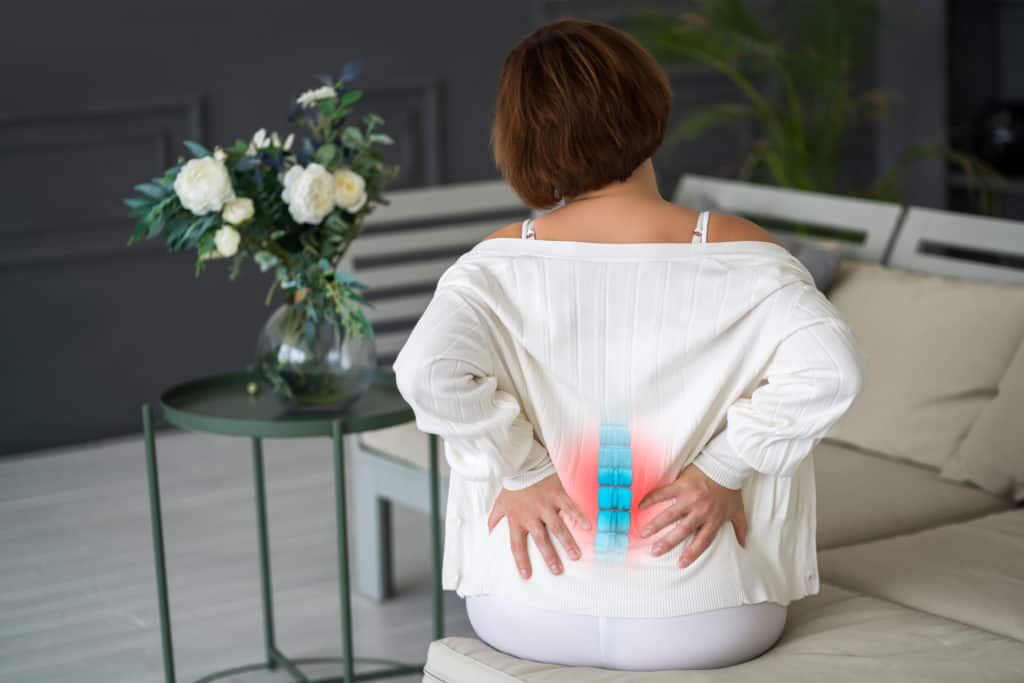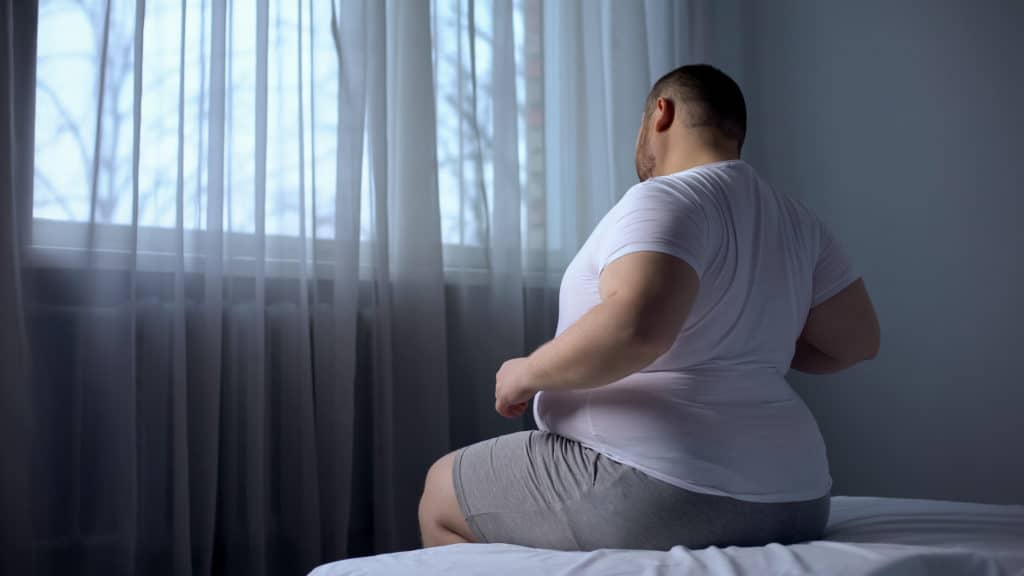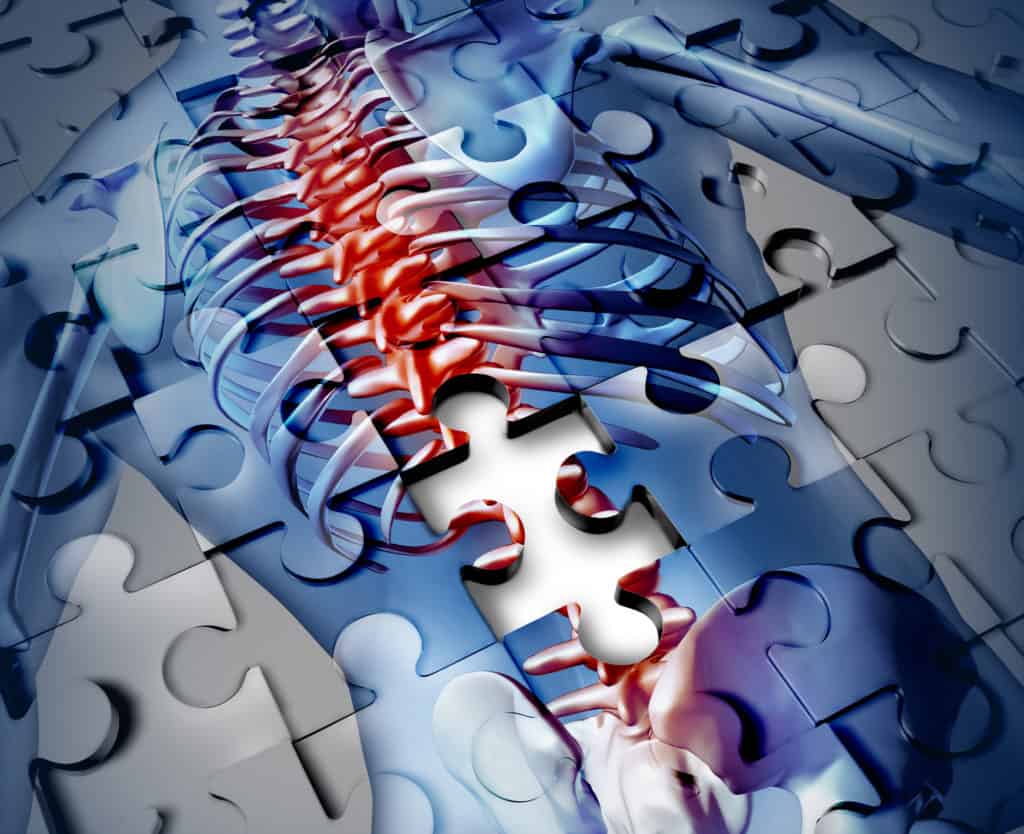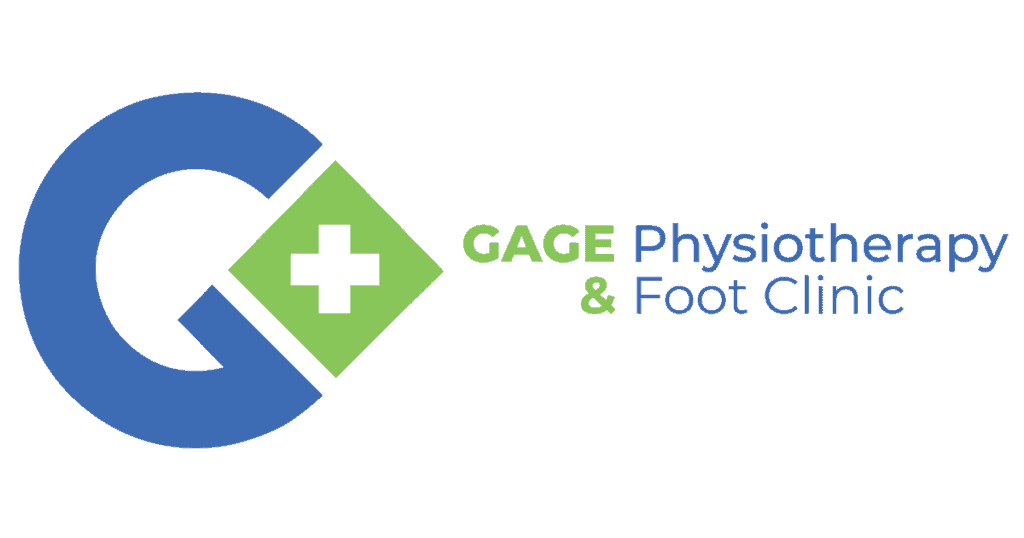
Are you concerned about pain in your back and starting to worry that it might be something serious?
One of the most discomforting and painful experiences to endure – especially over a long period – is chronic back pain. When you have pain in your lower back, even the simplest tasks are challenging. That includes everything from getting up from a chair and lifting shopping bags to tying your shoelaces. The simple activities you once took for granted are all a struggle now and can cause intense pain.
So, what’s going on?
The root causes of back pain are wide and varied – and some are incredibly complex. It isn’t always down to just “lifting something heavy” in an awkward position or accidentally twisting your back. But when should you worry?
Well, while generally, lower back pain dissipates in a few days or a week. However, it becomes chronic in some instances, and that’s when you need to see a spinal specialist for a proper diagnosis.
Why? Because until you know precisely what is wrong with your back and what’s causing your pain, you can’t start work on fixing it and reducing the pain.
What Causes Back Pain?

Lower back pain can range in severity from mild to severe with dull or sharp unrelenting throbbing or intermittent pain that comes and goes. In your case, it is most likely from muscles weakness, lifting something heavy, twisting the back in an unnatural position or an old injury. But in rare cases, the pain could be osteoarthritis, spinal stenosis, or osteoporosis.
Back pain tends to afflict people of all age groups, although some factors may cause people to be more at risk, such as:
- Age: Older adults are more prone to disc degeneration, including osteoporosis and arthritis.
- Obesity: Being overweight puts extra pressure on the back and strains the back and spinal muscles.
- Occupational hazards: Certain occupations that involve lifting heavy loads, remaining seated or standing for long periods of repetitive bending etc., increase the likelihood of back pain.
- Activity level: People who lead a sedentary lifestyle with a weak core and back muscles are more prone to suffering from lower back pain.
- Smoking: Smokers risk osteoporosis and other medical conditions because inhaling the smoke and other toxic chemicals affect blood circulation and weaken natural immunity.
Aside from the increased risk factors, many underlying medical conditions can cause back pain. These range from sciatica and arthritis to a herniated disc or Ankylosing Spondylitis. That is why it is essential to consult a certified Physiotherapist who specializes in spinal health for them to find and treat the exact cause of your back pain.
When To See a Specialist for Chronic Back Pain

If you had an instance of back pain that came and went away on its own after a couple of days and didn’t reoccur, then it is probably nothing serious. However, if you have any of the symptoms on the list below: your pain is moderate to severe, you’ve had it for a long time, and it affects your quality of life, we recommend you consult a Physiotherapist right away in the first instance.
Signs that you need to book an appointment with a physiotherapist:
- The pain is intense and constant, and it worsens at night when you’re trying to sleep.
- The pain persists for more than a fortnight.
- The pain travels from your back to your lower extremities like the hips and legs, with numbness or tingling and weakness in the lower part of your body. This collection of symptoms indicates stress and pressure on the spinal cord.
- If your daily routine activities and quality of life are hampered because of the debilitating pain.
*If you have other symptoms accompanying your back pain. Like urinary or bowel incontinence, sudden loss of weight and fever, etc., it could be something serious like a tumour or spinal infection. In that case, we recommend you consult a doctor as soon as possible. They will determine the cause of your symptoms and what’s causing the pain. They do this by using various medical tests, Such as a CT scan, X-Ray, Myelogram (where they inject dye into the spinal cord) or an MRI. They may also do an EMG (electromyography) to test the nerves and muscles in your back.
Medications to Treat Back Pain

At Gage Physiotherapy, we prefer the natural route to pain relief – with physiotherapy to find and treat the underlying cause. But if you feel like you have no option until you’re able to see a physiotherapist, then you can take medication for your back. There are various pharmacological options. The right choice for you depends on the severity of your back pain:
- OTC (over-the-counter) pain medication: Even though these types of painkillers are available over the counter, it’s still best to talk to a doctor first. But they might recommend NSAIDs (Nonsteroidal anti-inflammatory drugs) like Motrin IB/Advil, Aleve etc., to reduce inflammation and alleviate your pain. These medicines should only be taken for a short period, preferably on the doctor’s advice, as self-medication is dangerous. Overuse of these medications can cause gut issues and other severe complications.
- Prescription Painkillers: Doctors only prescribe these medications for a limited period under strict medical supervision. You cannot purchase them without a prescription. They include opioids like hydrocodone or oxycodone. But, again, they are only prescribed for a short period and should be a last resort only.
- Topical pain relievers: Instead of depending on medicines, you need to ingest orally. Your doctor may also recommend pain relievers in the form of ointments, patches or creams that work through the skin topically.
- Muscle relaxants: If over-the-counter medication is not enough to adequately reduce your pain, your doctor may also consider prescribing muscle relaxants. However, some of the side effects of these medications include sleepiness and dizziness. You should avoid them if you’re required to drive or operate machinery.
- Antidepressants: Unusually, certain antidepressants are sometimes used for chronic back pain while also treating the depression that can accompany chronic pain. The types of medications used include duloxetine and tricyclic antidepressants.
Alternate Medical Procedures and Surgery For Back Pain

In addition to medications and topical pain relievers, some other “last resort” options are available to treat back pain. We 100% recommend that you try physiotherapy first, but for information purposes, these options include:
- Radiofrequency neurotomy: In this process, a doctor inserts a thin needle in the affected area where the pain is. Radiofrequency in radio waves is then introduced via the needle to deaden the nerves. Hence, your brain no longer receives the pain signals.
- Cortisone injections: If standard treatments are ineffective in reducing your pain levels and the pain moves down your leg. Your doctor might consider using cortisone injections. These injections are anti-inflammatory and combined with medication to numb the pain. They go into the epidural space of your spine. This placement relieves inflammation where the nerve roots are, with the effect lasting for 30 – 60 days. But the injections themselves can be painful and uncomfortable. There are also known side effects. We recommend you avoid these injections if possible because they can soften and weaken joints and tendons over time, creating more problems than they solve.
- Implanted nerve stimulators: These are modern pain-relieving devices that doctors implant beneath the skin, giving off electrical impulses on select nerves to stop pain signals. Again, this is an invasive treatment that is not without risk. Patients can experience infection at the incision site, bleeding or nerve injury, and paralysis in rare cases.
- Surgery: In cases of severe muscle weakness due to compressed spinal nerves that cause the pain to radiate down the legs with ongoing and severe pain. Surgery may seem like your only option. Generally, surgery is the last resort when all other treatments are not effective because it can be dangerous – especially where the spine is involved. Therefore, it is vital to act early and consult a physiotherapist to diagnose and treat your back pain before it gets even worse and you require surgery. Prevention is always better than cure.
How Physical Therapy Cures Back Pain Naturally – Without Pain Pills, Injections or Surgery

At Gage Physiotherapy, we have an outstanding track record in treating back pain with targeted physiotherapy – even when patients have had daily pain for decades. Yes, really.
Physical therapy is hugely effective in improving your posture, range of motion and flexibility. It can also help strengthen your abdominal and back muscles, otherwise known as your “core,” which is critical in preventing and resolving back problems and pain.
But if you’re not sure whether physiotherapy is right for you, we offer all our new patients the opportunity to talk with a physiotherapist first before committing to any financial investment. It’s an entirely free 30-minute consultation that you choose to do over the telephone or in-person at the clinic. Books yours now.
And remember, your back pain is nothing to feel ashamed about. Suffering from back pain does not make you a freak of nature!
Back pain is incredibly common, and we are here to help you get through it.

